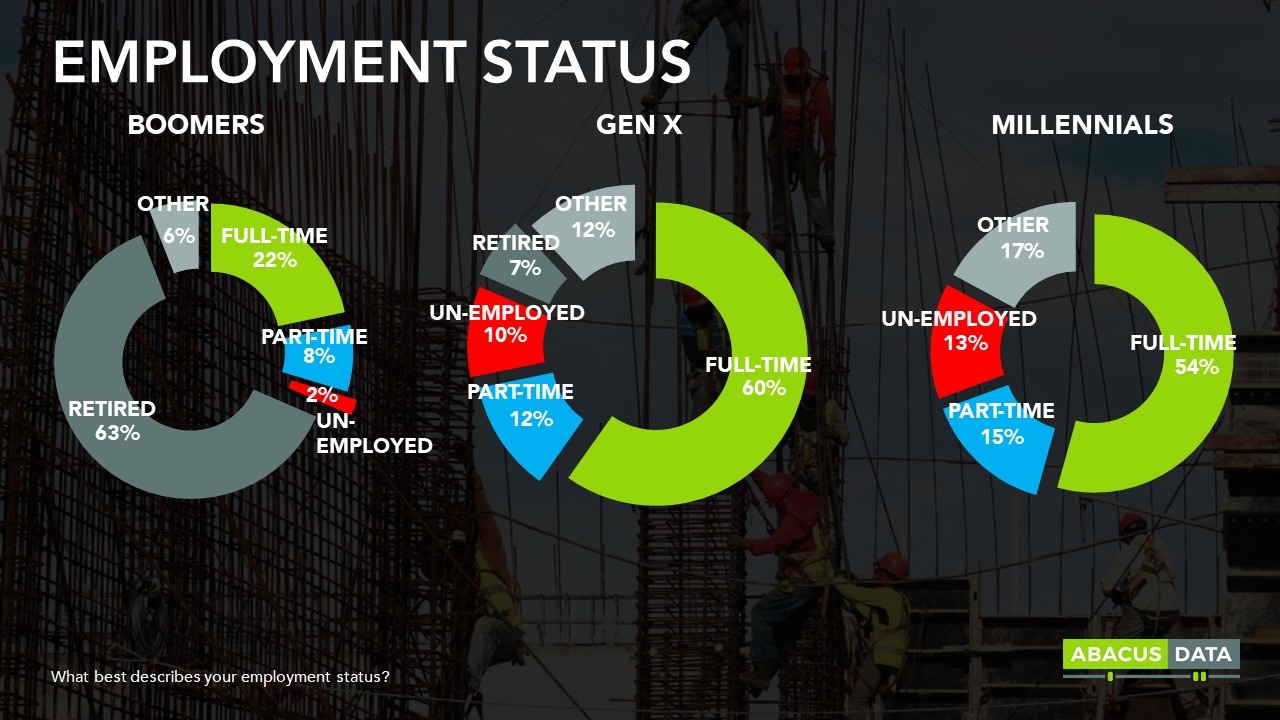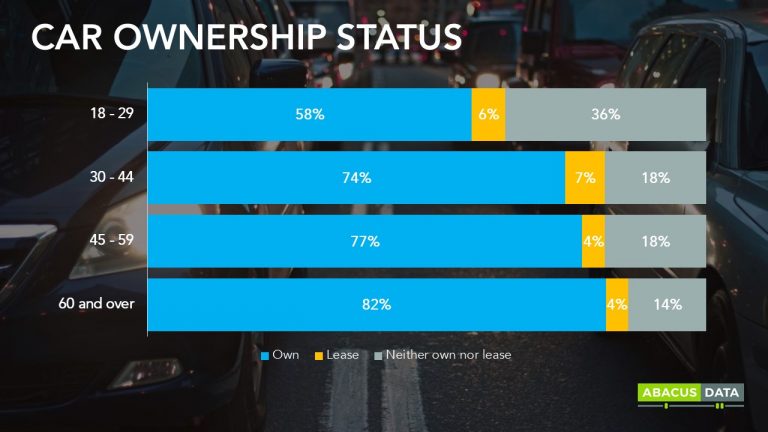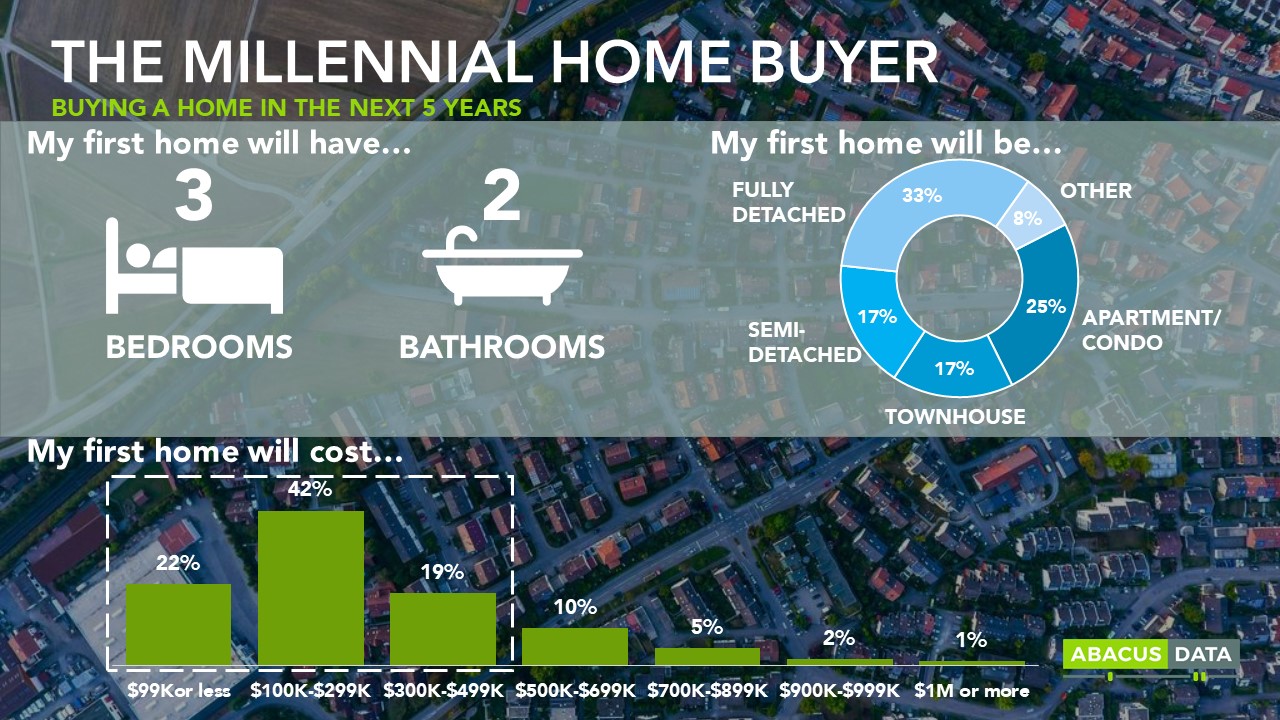Share everything: How millennials turned the simple idea of sharing into a multi-billion dollar economy
May 13, 2019
Yes, the Millennials have been and are going to turbo-charge the sharing economy and continue to throw our traditional economy into chaos. Let me explain…
We will begin by dispelling some myths about the sharing economy. Firstly, people sharing things is not a new phenomenon. Humans have been formally sharing stakes in property since the first family farms of the Fertile Crescent over 6,000 years ago. It was the enterprising British and thrifty Dutch that brought us into modernity with the first joint-stock companies in 1600. Purchasers of these stocks shared in the ownership of a business (usually a ship or a fleet of ships going off to India). Joint-stock companies allowed for the financing of these expensive ventures and dispersed the losses if a ship were to sink off of some forlorn coast. The last great wave of the sharing economy developed in the 1970s and 80s. The wide acceptance of time-share holiday properties became a hot trend in North America. Moreover, co-operative communities or communes in the “back to the earth” movement sprung up around the world. The point being, the sharing economy is not new – it didn’t arrive with the internet and it certainly isn’t dependent on the “Gig economy”. It’s been around as long as there have been expensive stuff that humans want but couldn’t afford.
Nevertheless, the sharing economy has been changing since its fetal days in the Tigris river valley. Back then, only a handful of feudal families and their merchants could own a share of property. Property ownership remained a privilege of the elite until the 17th century with the innovation of the joint-stock company which opened the sharing economy to merchants and the upper middle classes. Over the next three centuries, more people would be attracted to stock markets and shared asset ownership. The last great expansion in the 70s and 80s brought the shared economy to the broader middle classes of developed nations. The time-sharing of properties and expansion of affordable financial instruments made joint-ownership attainable. Most recently, the internet has accelerated the sharing revolution and now encompasses almost all the world’s population. While the sharing economy is not new, the breadth of economic inclusion it now possesses has fundamentally altered the playing field. Millennials are technologically savvy, globally minded, and are ready to push us into the realm of sharing everything.
The Right Conditions:

For the sharing economy to thrive there needs to be the right conditions such as expensive or burdensome assets, actors with insufficient resources to solely purchase the asset, and a method for independent actors to communicate and collaboratively share in the ownership of the asset. As we said earlier millennials are, relatively speaking, broke. The cost of living is outstripping many of their incomes and according to a recent Abacus Data study, 48% of millennials make less than $50,000 a year. Comparatively, only 30% of generation X make less than $50,000 a year. Millennials are also twice as likely to report being unemployed or in part-time work than either Gen X or the boomer generations.

Low wages and uncertain employment conditions have transformed assets such as cars or houses—once considered a regular cost of living expense—into unattainable dreams for a lone millennial to own. So far, the millennial experience satisfies the first two criteria of a thriving sharing economy; relatively high-priced goods and actors with insufficient resources to independently purchase them. The third criteria, a method for independent actors to communicate and collaboratively purchase an asset, has been facilitated through the ubiquity of the internet and the pervasiveness of Gig economy platforms which allow strangers to collectively purchase (or lease) an asset, as we can see with gig-companies like Zip Car or Uber. Strangers can lease time to use the car (Zip Car) or just a back seat (Uber) to travel to a destination.


The interconnectedness of the internet primed the sharing economy’s way to dominate all sectors of society, but it would all be for nought if millennials weren’t comfortable with the sharing economy idea. A little over a decade ago, it would be unimaginable to welcome complete strangers into the spare rooms of your home, its something that might have even warranted a call to the police by your neighbours, presuming you had turned your attic into some kind of brothel. But to millennials, Airbnb is a natural extension of their everyday lives, they grew up with these internet sharing platforms and are open to the idea of sharing (almost) everything.
The Impact on Business

If more people share their cars, homes, and even dinner plates, fewer “things” will need to be produced. For example, our data shows us that only a third of millennials own their own home, choosing to rent or live at home with their parents instead. The same trend is true with cars; 36% of millennials neither own nor rent a car, whereas only 18% of boomers and Gen Xers do not own or rent a car. If your company produces goods that are traditionally owned by a single person or family, try the following exercise: take your current number of customers and subtract a third of them… the remainder is your new customer base after the sharing economy takes its portion. You can see how this trend of non-ownership can drastically change the global economy. Business models, regulations, and even societal conventions have to change to cope with the new super-charged sharing economy. Millennial culture is sharing culture and it looks like we will be living in a more “shared” world in the years to come.
At Abacus we strive to understand the nuances of generational change and how it impacts you and your business. The Canadian Millennials Report is the largest syndicated study of millennials in Canada. We survey 2,000 millennials twice a year on a range of topics including politics, social values, and consumer trends. If you are interested in learning more about this generation, reach out to us and we would be happy to connect.


